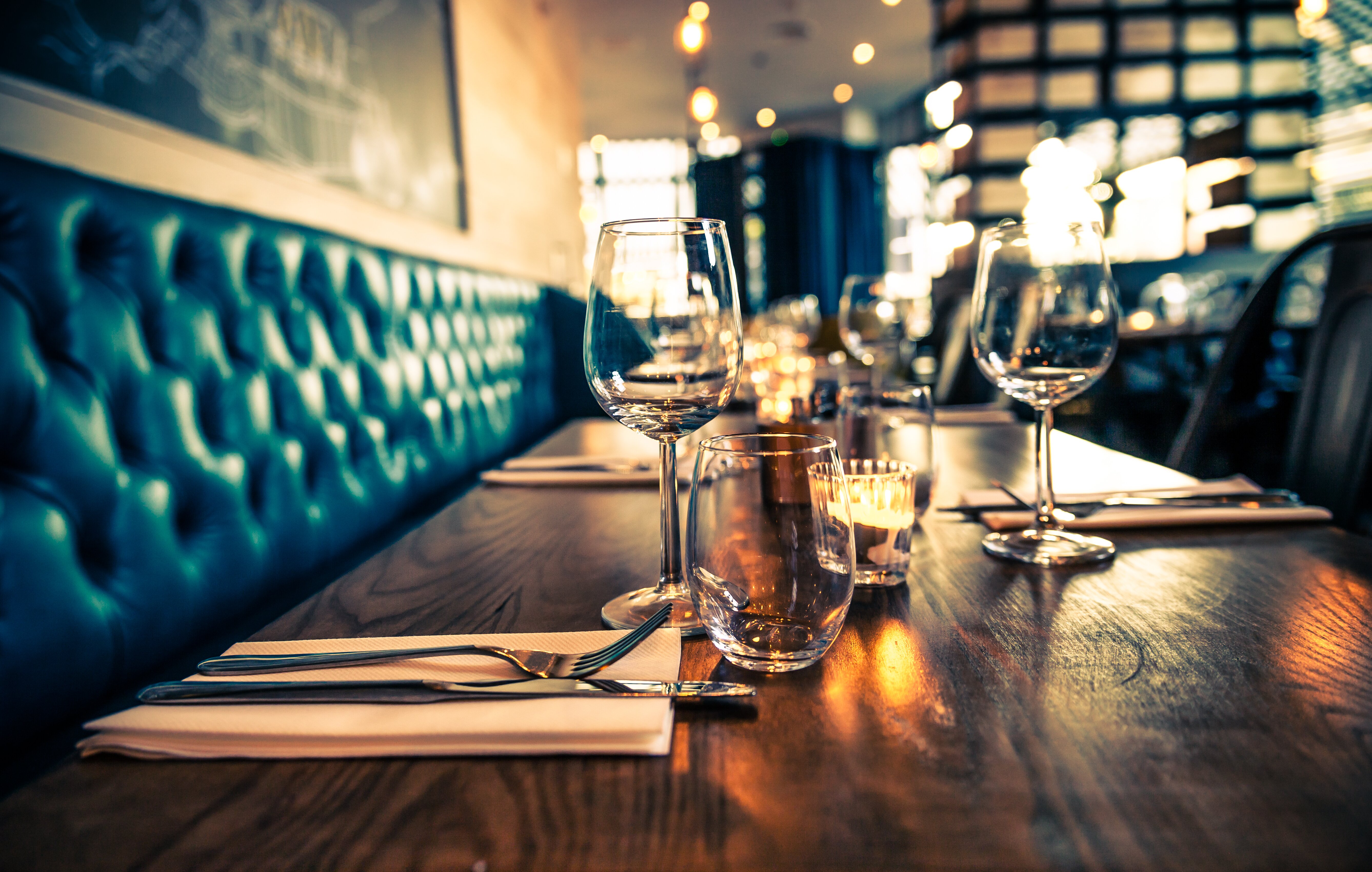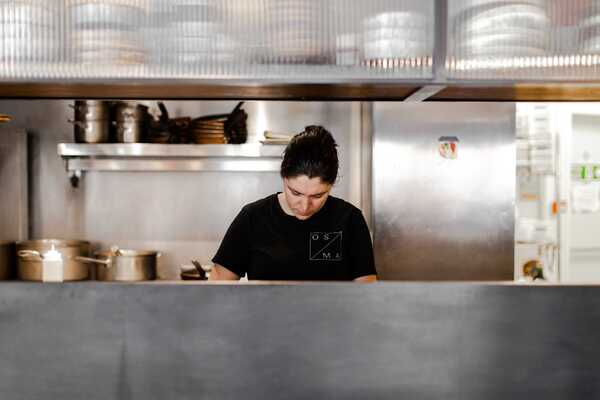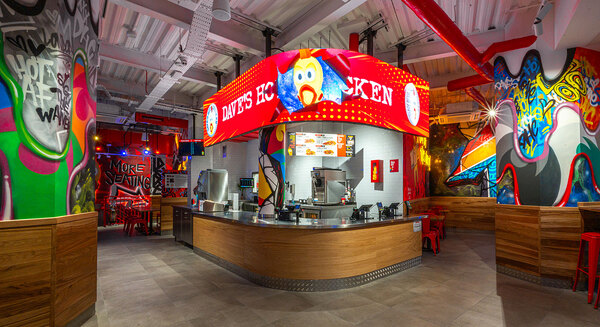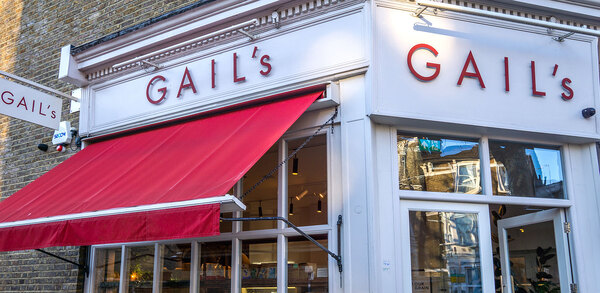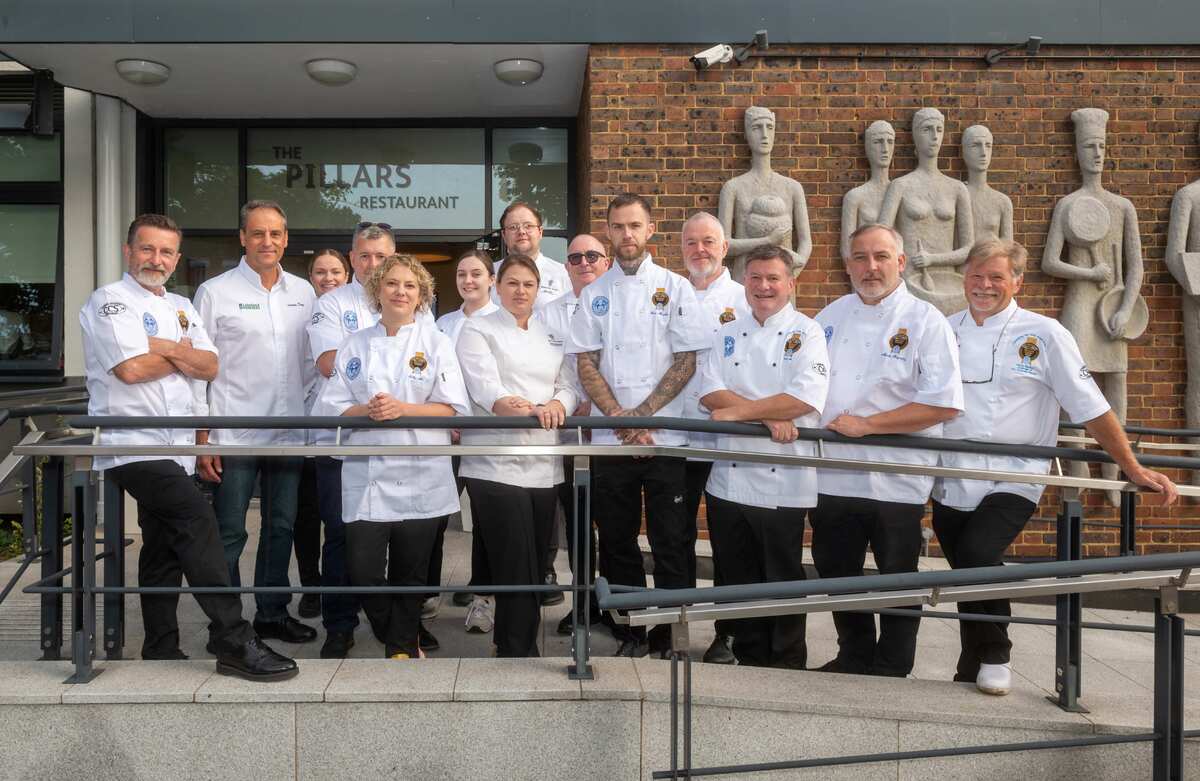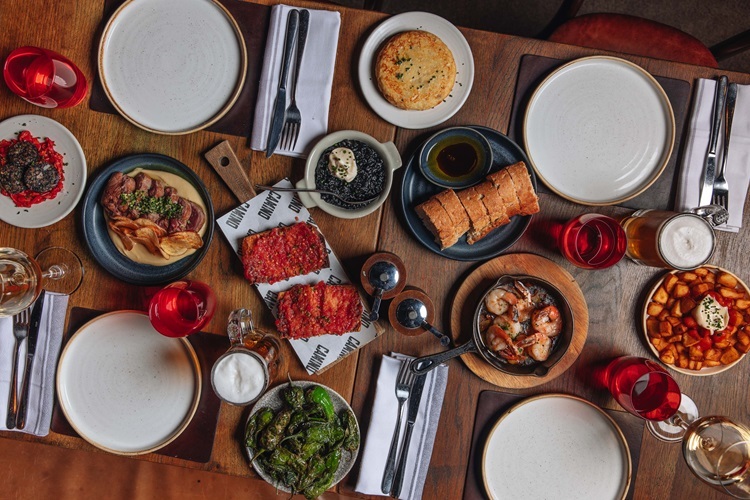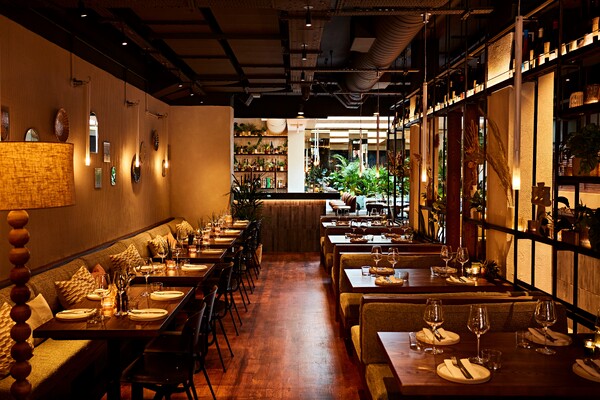Restaurants introduce pay-before-you-eat policy as ‘safety net’ after lockdown
Some restaurants and suppliers have begun taking upfront payment for meals and produce as a “safety net” amid uncertainty around the industry reopening this spring.
Many venues have seen a surge in post-lockdown bookings, but fear customer no-shows could leave them out of pocket at a critical time.
In the past charging deposits or pre-payment for meals has proved divisive in the UK hospitality industry, but some operators think the pandemic may start a shift in attitudes.
The Boat Inn in Lichfield, Staffordshire, recently started taking pre-payment for its Chef’s Table experience, which costs £100 per person.
General manager Steve Locklin told The Caterer: “We opened bookings a week ago and it doesn’t seem to have been a deterrent.
“I think people have missed hospitality so much over the last 12 months that they are prepared to support the industry and are more accepting of paying upfront. You don’t go to the cinema and pay on your way out.”
He said the restaurant used to take customer card details and charged a £20 no-show fee if guests didn’t turn up for their reservation but had raised it to £40 to tackle the problem. It is hoped pre-payment will stop the issue.
Birmingham restaurant 670 Grams also began taking pre-payment for bookings of its £70, 10-course tasting menu earlier this month. Owner Kray Treadwell told The Sunday Times a no-show from a table of four could cost the restaurant hundreds of pounds.
Supplier concerns
This uncertainty around reopening is also being felt by suppliers, who fear restaurants saddled with rent debt and reopening costs may struggle to pay on time.
James Whetlor, founder of goat meat supplier Cabrito, told The Caterer he was only taking on new restaurant clients on a pre-paid basis.
“It’s way too risky not to,” he said. “Even in central London the restaurant model was based on the offices around them, and people may not come back. There’s too much doubt and uncertainty.”
Whetlor, who worked as a chef in London for 10 years, added it was long overdue for restaurants to introduce pre-payment for bookings.
“It’s lunacy it’s not happened already. The same kind of people who book four restaurants for one night and don’t turn up are the same ones who will be put off by pre-payment.”
Wider change
Heritage restaurant in West Sussex has charged a small deposit on bookings since opening in 2019. General manager Hannah Bamford said they had only seen two no-shows in the time they had been trading and would consider taking full payments in advance in future.
She said: “It’s a really good idea. If you’d pre-pay for the theatre or cinema why not a restaurant? I think it would be really good if it became more of the norm in the industry.”
However, other restaurant owners are more reluctant to make the change. George Purnell, founder of Koop + Kraft in Cowplain, Hampshire, said he was afraid charging before a meal could do “more bad than good”.
“I wouldn’t do it because I think people struggle to adapt to new processes and we try and keep ours as smooth as possible and avoid it being too clunky,” he said.
“While prior payments make sense to us as restaurants, it doesn’t to the customer and would potentially put them off.”
Whetlor argued that taking pre-payment meant there was more communication between the guest and restaurant and created a relationship with customers ahead of their visit. He added that such a model could be crucial to the survival of some restaurants for whom the next few months would be make or break.
“There is something very outdated and old fashioned about the current restaurant industry model and the pandemic is going to change that," he said.
“People aren’t paying for restaurants boxes after they’re delivered. Pre-paying is not going to change your experience of the restaurant in the evening. It’s not a big deal. I think we’ll look back and wonder why we didn’t do it earlier.”
Image: Shutterstock



